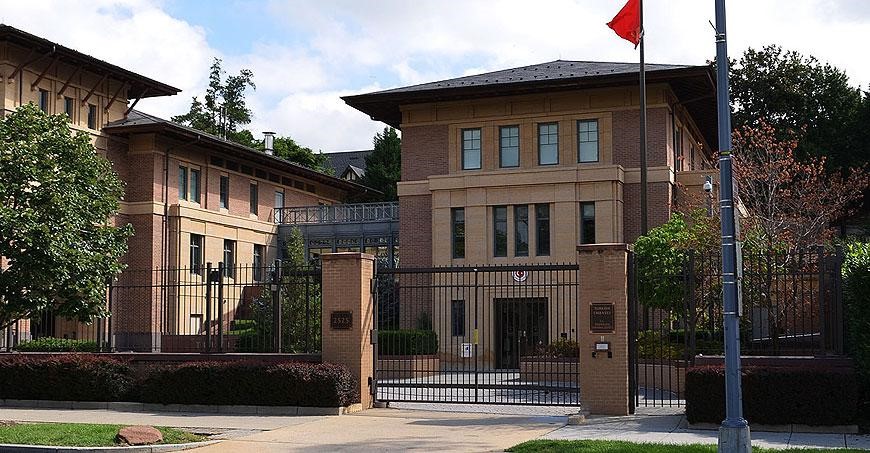Trial is set to begin for more than 1,600 suspected Boko Haram members held at the Kainji detention facility in the central Niger state. Th trials will be presided over by four judges.
The ministry has said that after the Kainji trials are completed, a further 651 people suspected of having links to Boko Haram and currently being held at prisons in Maiduguri, the capital of the northeastern state of Borno, would go on trial.
Clement Nwankwo, a human rights lawyer based in the capital, Abuja, said the trials would provide a more effective deterrent if they were open to the media and public.
“On the Boko Haram issue, stories need to be told for the public to be made aware what has been going on and understand the nature of the crimes committed,” said Nwankwo, a human rights lawyer based in the capital, Abuja. He added that the secrecy also made it hard to determine whether trials were fair.
Fatima Akilu – who headed the government’s counter violent extremism programme under the previous administration – said secrecy was needed to encourage witnesses and judges to take part in the trials because Nigeria does not have a witness protection programme.
However, “A lot of witnesses were afraid to come forward,” Akilu said.
“If the witnesses don’t come forward there is limited evidence in terms of reaching a conviction, so I think there was little choice,” she said, adding that there were no clear alternatives in the absence of an amnesty programme.


